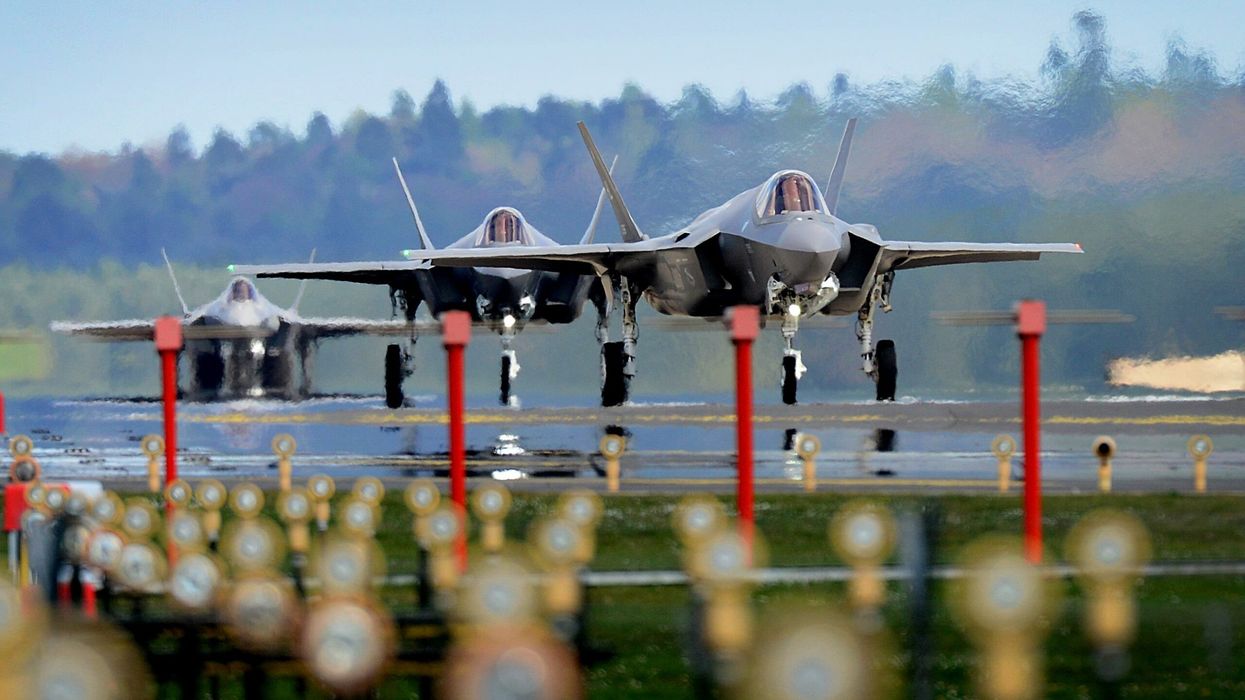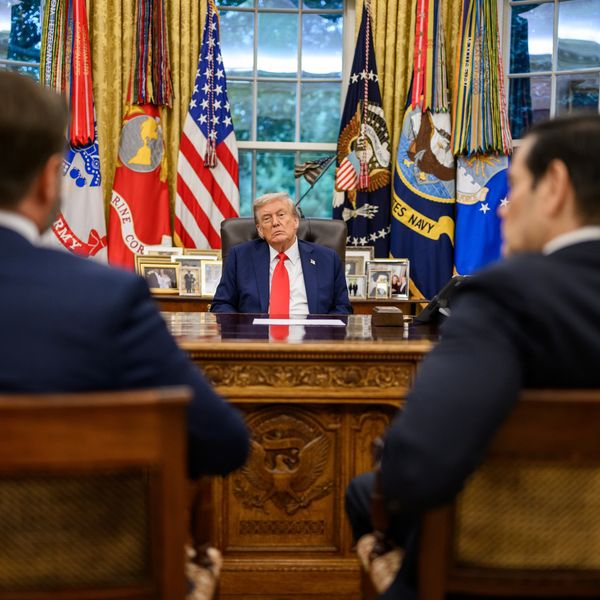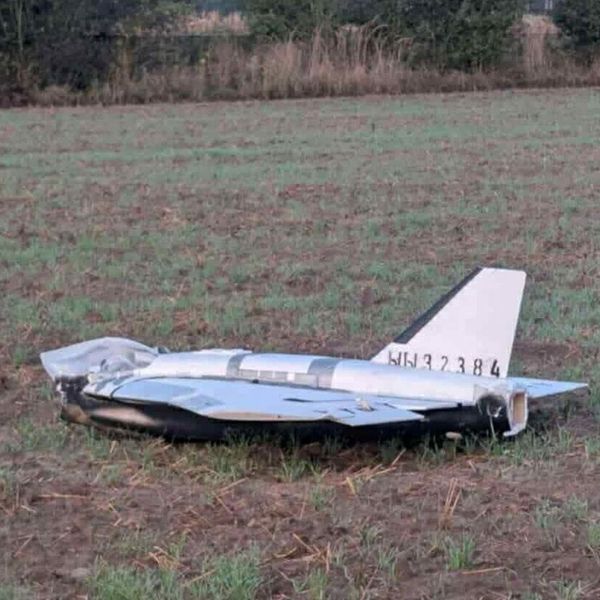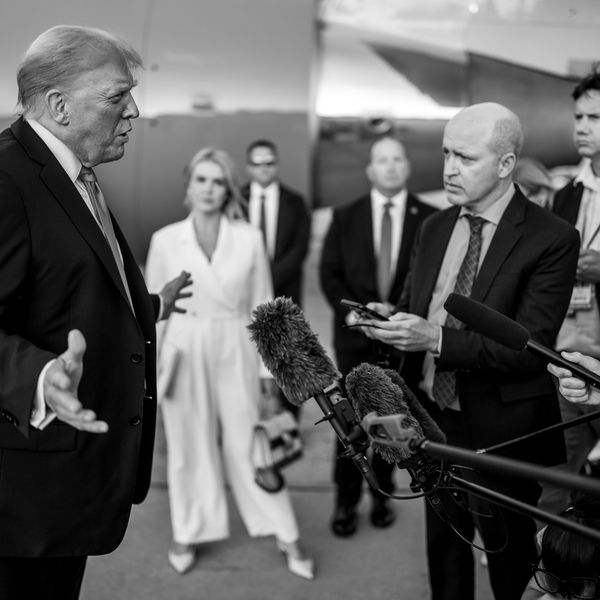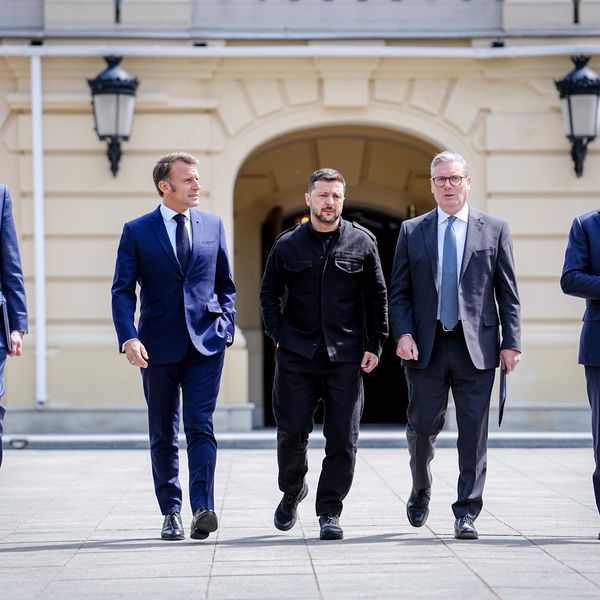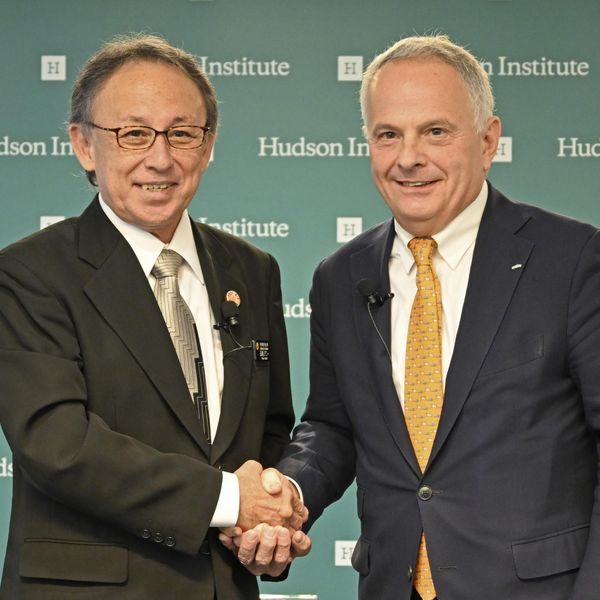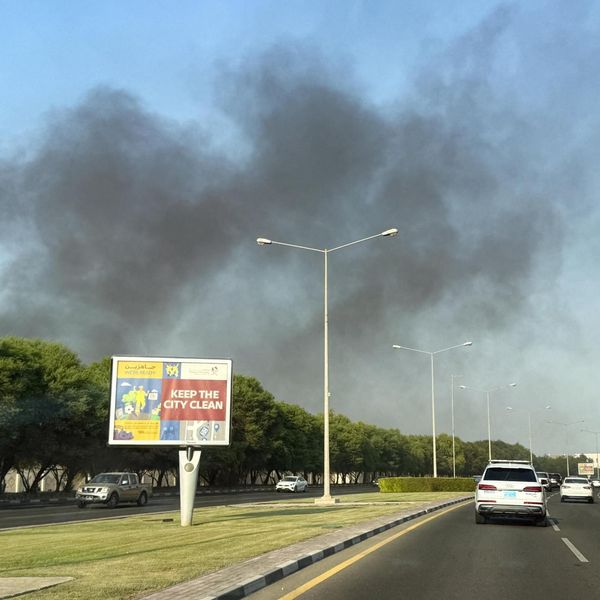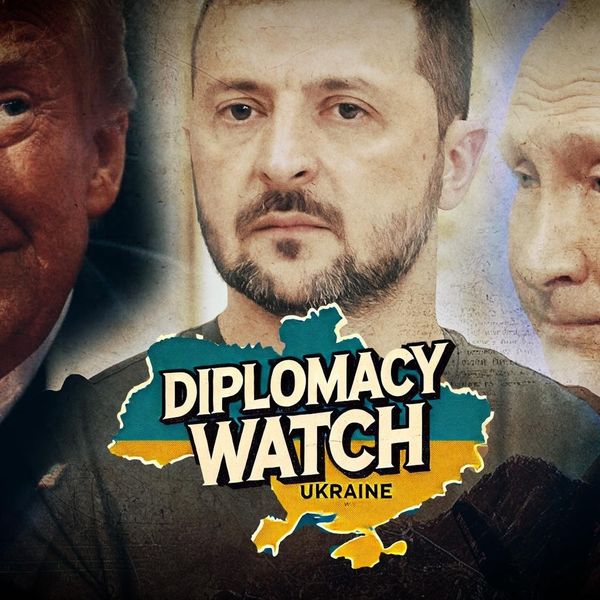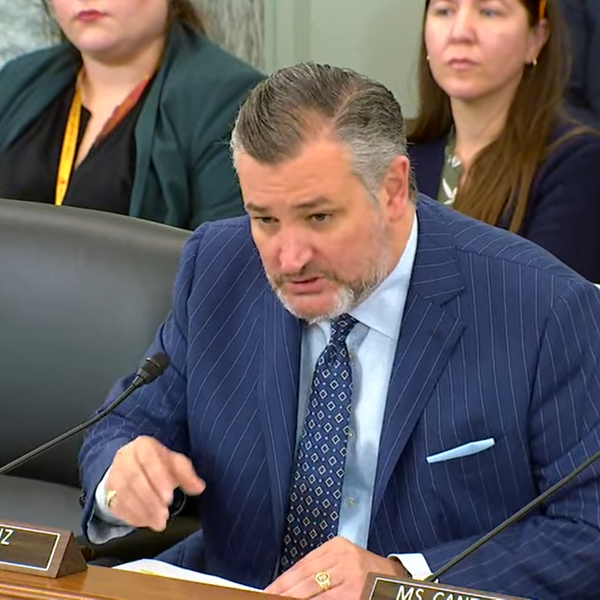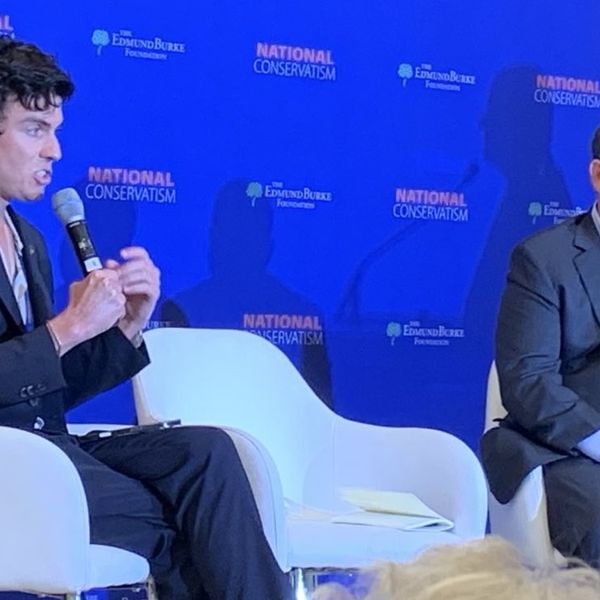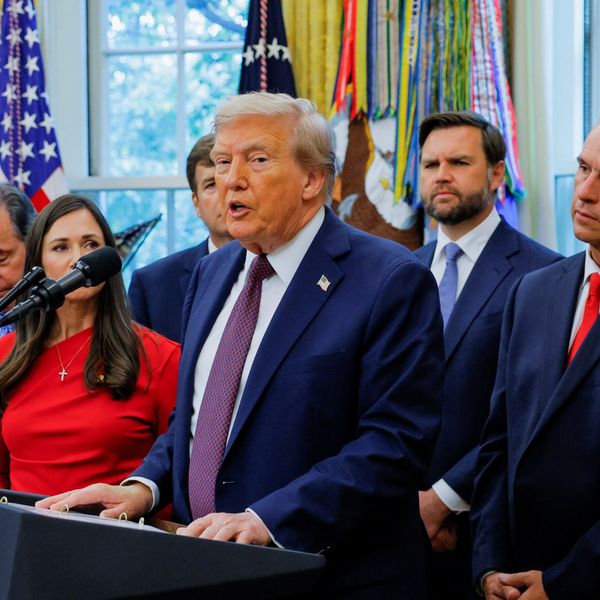According exit polls on Election Day, 12% of the voters in this presidential election had served in the U.S. military and 65% of them said they voted for Donald Trump, while 34% said they voted for Kamala Harris.
We still need a breakdown of age to see if this was generational. Some suggest that younger Republicans, especially more recent veterans, are among the biggest resisters to the War Party orthodoxies on Capitol Hill, including now-Vice President-elect JD Vance, who served as a Marine in Iraq. Former Democratic Congresswoman and Iraq War veteran, Tulsi Gabbard, who campaigned for Trump and recently turned Republican, has also been a fierce critic of Biden's Ukraine War policy and Washington's militarism overall.
In the last weeks of the campaign Trump dusted off his 2016 case against forever wars, criticizing Harris for embracing Iraq war supporters, particularly Liz Cheney.
Tuesday's results are certainly not an anomaly. According to a report issued by the Pew Research Center in September, about 61% of registered voters who said they had served in the military or military reserves were planning to vote for Trump while 37% backed Harris. This tracks with past elections. According to Pew, 60% of veterans voted for Trump in 2020, while 39% backed President Joe Biden.
A survey of the Iraq and Afghanistan Veterans of America (IAVA) membership this fall, however, said they were "evenly split" on the question of Harris and Trump. IAVA, which is non-partisan, says 90 percent of the 1,906 respondents deployed to Iraq or Afghanistan during those wars. The demographics of this particular group: 66% have earned a bachelor's degree or more, and 55% say they don't affiliate with any party. According to the poll, these voters were going 43% for Harris, 42% for Trump, and 15% for a third party candidate.
But in 2016, veterans in counties across several key swing states helped to put Trump over the top. Though Republicans had won these counties handily before, Trump outperformed predecessors like Sen. John McCain, a veteran of the Vietnam War, in counties with big military installations. Analysts over the years have said that Trump was able to tap into frustration in military communities with the the failing wars, endless deployment cycles, and the way veterans are treated once they get home. Trump was able to get these votes despite Democrats' accusations that he disparaged Gold Star families and McCain.
If the exit polls are to be believed, he was able to connect even more with this part of the electorate this year, despite hundreds of former national security officials and senior military officers signing a letter contending that Harris was the better candidate. In the waning days of the election, Trump's own former generals and top staff who served in the military called him unfit to serve and a fascist.
"It is hard to overstate how much righteous anger there is within the GWOT veteran community over the foreign and domestic policy failures of the last 23 years. Almost everyone has lost friends or family, experienced first hand the failures of the VA, and watched those responsible for the sustaining the system that perpetuated our foreign misadventures escape accountability," charged Dan Caldwell, Public Policy Advisor for Defense Priorities, and an Iraq War veteran.
"By doing things like campaigning with Liz Cheney and touting the endorsement of her father, Vice President Harris positioned herself as the defender of the people and policies that have inflicted so much pain on the veteran community. It is therefore not hard to see why the majority of the veteran community went with Trump."
Did younger vets really put more stock in Trump, and if so, was it for the reasons Caldwell claims? As more data comes in, perhaps we will know more about Trump's bump (and the Democrat's losses) among this important segment of the American electorate.
- Mark Milley throws US military under the bus for Israel ›
- Meet the veterans who chose 'paths of dissent' ›
- Afghanistan vet symposium: How do you feel about your service today? ›
- Tulsi Gabbard vs. the War Party | Responsible Statecraft ›
- Poll: Americans underwhelmed by Trump foreign policy | Responsible Statecraft ›
- Veterans: What we would say to Trump on this Memorial Day | Responsible Statecraft ›



